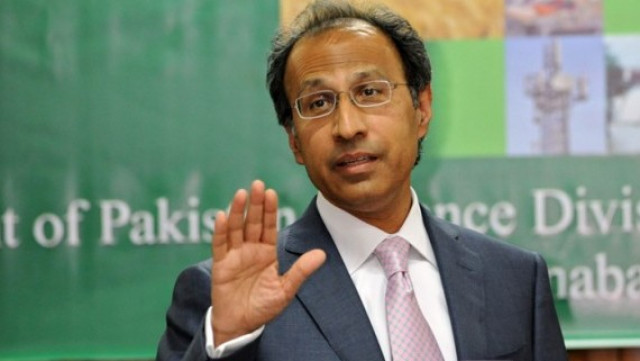VCs threaten to resign, lock universities
Heads of 72 major educational institutions gathered in Islamabad to cope with the squeeze on government funds.

The heads of 72 major educational institutions had gathered in the federal capital to hammer out ways to cope with the squeeze on government funds. The government has, in fact, decided to cut back development funds and block Rs7 billion for paying 50 per cent higher salaries to university staff.
Vice-chancellors were actually told that they could “save” by raising tuition fees, cutting down on scholarships and selling or leasing their properties, signalling that higher education may no longer be within the reach of poorer parents.
In response, HEC Chairman Javed Laghari is said to have told the minister: “The vice-chancellors have unanimously proposed to tender resignations against cutting back of funds, and lock the universities.”
The HEC’s aim, he said, is quality human resource development and faculty training, adding that this aspect will not be compromised. “Staff salaries remain unpaid and teachers’ unions are threatening to go on strike”.
“The money set aside for education is not expenditure but an investment in future. Politicians may think that the money is being wasted. They want this money to translate into votes, which is not possible,” said Laghari.
The government has drastically cut HEC funds in the wake of fiscal constraints. Only this year, the government allocated Rs19 billion less than what the education sector needs.
The budget allocation for the HEC for this year is Rs15.8 billion which, too, is under the threat of being further axed.
An HEC official said that so far the government has released just Rs2.1 billion, adding that the entire amount was going towards human resources and no money was available for scholarships. “The higher education sector is in chaos.”
Dismissing the threat, Hafeez Shaikh is reported to have said: “People who are getting higher education belong to the privileged class. They…do not have more right on public money…Stop teaching politics to government. This is not your business.”
Stressing the need for making tough choices, he said in view of dwindling resources, the nation “must decide whether it wants a single surgeon or 50 skilled welders”.
He proposed to form a committee under the deputy chairman of the Planning Commission to resolve the funding issue.
However, the chairman HEC said that the final decision on the minister’s proposals will be taken by the vice-chancellors.
Denying the existence of free higher education, Hafeez Shaikh said that the concept was no longer valid and the universities should review their fee structures. He said the government has to prioritise between completing incomplete universities and taking care of people displaced by floods.
“The country is passing a difficult phase and the HEC has to share the burden,” Shaikh said.
HEC, he said, is being treated in a fair manner, adding that allocation for current expenditures has been jacked up by eight per cent.
Instead of sending people abroad for higher studies, the HEC should teach them here, he proposed.
Shaikh said that the government was pressing for macroeconomic stability.
Stressing the need for reducing public sector spending “even at the cost of key projects”, he said flood damages may run into tens of billions of dollars.
The minister did not give quantitative commitment, but assured that the higher education sector would not suffer much.
HEC’s executive director Dr Sohail Naqvi said: “Capacity for development is the main hurdle in any country’s development, but the government is not ready to pay for this.”
Criticising the government, he said that it had backtracked on its promise to the World Bank that it would assure three consecutive years financing needs of the HEC.
Vice-chancellor of Peshawar’s IMS Nasir Aslam said that the prime minister had assured a 30 per cent increase in funding for universities, but the finance minister had cut it by 20 per cent. He said all 14 universities in Khyber-Pakthunkhwa
will close on September 20 and “I will be the first one to resign”.
Questioning the government’s rationale, he said why should the education sector be made a scapegoat when the government itself has not reduced borrowings from the State Bank. “Has it (the government) stopped parliamentarians from getting fatter? And has it cut subsidies?” He said when he asked for Rs1.8 billion, the government gave him a cheque for just Rs10 million. Imtiaz Gilani, the vice-chancellor of Peshawar-based UET, said: “The government is hell bent on destroying the higher education system.”
“Two vice-chancellors have been kidnapped in Khyber-Pakthunkhwa and the government’s response is ‘go and get a gun and protect yourself, we cannot do anything,’” said HEC Chairman Javed Laghari. “The contractors are after us, the students and the teachers are threatening to go on strike and faculty members are going to courts.”
Published in The Express Tribune, September 17th, 2010.



1724319076-0/Untitled-design-(5)1724319076-0-208x130.webp)















COMMENTS
Comments are moderated and generally will be posted if they are on-topic and not abusive.
For more information, please see our Comments FAQ